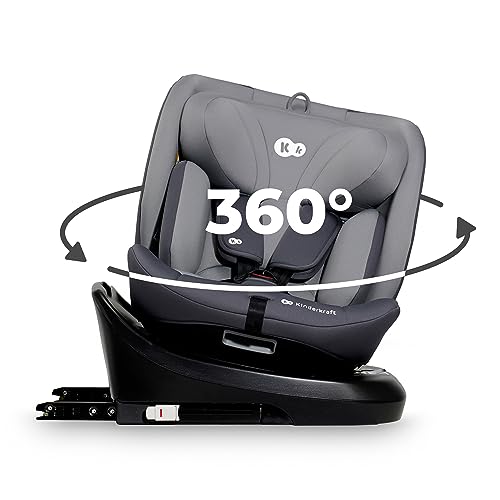Pram or Pushchair: A Comprehensive Guide for New Parents
Picking the right mode of transport for young kids is one of the very first substantial decisions new moms and dads face. With numerous options on the market, the debate in between prams and pushchairs can be bewildering. This short article will offer comprehensive insights into the differences in between prams and pushchairs, their specs, advantages and drawbacks, and what to think about before purchasing.
Understanding Prams and Pushchairs
At its core, the choice between a pram and a pushchair depends on their design and intended usage.
Definitions:
- Pram: A pram, short for "perambulator," is created mainly for newborns. It features a flat, carrycot-style seat that enables the baby to rest completely flat. Prams are often more elegant and are planned for transporting babies who are not yet staying up independently.
- Pushchair: A pushchair, likewise understood as a stroller, is designed for older babies and young children who can stay up. have a peek at this web-site have an upright seat and may not recline totally flat, although numerous designs now provide adjustable reclining alternatives for convenience.
Key Differences:
| Feature | Pram | Pushchair |
|---|---|---|
| Age of Use | Newborn to about 6 months | 6 months to 4 years or more |
| Seating Position | Flat, resting | Upright or a little reclined |
| Weight | Usually heavier | Typically lighter |
| Mobility | Less portable due to weight | More portable and simpler to fold |
| Use Case | Brief walks, leisurely walks | Daily usage, errands, longer outings |
Benefits and Disadvantages
Pram
Benefits:
- Comfort for Newborns: Provides a flat surface favorable to a newborn's developmental requirements.
- Stylish Designs: Many prams included classy designs, providing a touch of luxury.
- Storage Space: Sometimes include larger storage alternatives listed below.
Drawbacks:
- Weight: Generally much heavier and bulkier than pushchairs.
- Restricted Usage: Suitable just for newborns and babies who can not stay up.
Pushchair
Benefits:
- Versatility: Suitable for older babies and toddlers, often accommodating them for a number of years.
- Lightweight and Portable: Easier to fold and transfer, making them ideal for hectic parents.
- Configurable Options: Many pushchairs have adjustable seats and accessories for safety seat and carrycots.
Drawbacks:
- Comfort for Newborns: Not constantly appropriate for infants in the early months without a correct insert.
- Less Luxurious: Often viewed as less luxurious compared to prams.
Making the Right Choice
When it comes to deciding in between a pram and pushchair, a number of factors ought to be considered:
1. Lifestyle:
- If moms and dads frequently make long journeys or choose walks, a pram may be preferential.
- If they require to navigate through city streets or take public transport, a lightweight pushchair may be more suitable.
2. Budget plan:
Pricing can differ commonly. Comprehending Pram Online Shopping will help focus on options that satisfy both visual and practical requirements.
3. Adaptability:
Some progressive services include travel systems that enable parents to shift from an automobile seat to a pushchair with the same base, using maximum flexibility.
4. Storage Space:
A pram may use up more space in a car or in your home, while a pushchair's capability to fold down can be a substantial advantage in tighter areas.
Frequently asked questions
Q1: Can I utilize a pushchair for newborns?
A1: Some pushchairs come with bassinet attachments or fully reclining seats, making them ideal for newborns. However, it's necessary to inspect the specifications before usage.
Q2: How do I choose the right model?
A2: Consider your way of life, budget plan, and the functions you focus on, such as weight, mobility, and storage choices.
Q3: Are prams and pushchairs safe for my baby?
A3: Yes, both prams and pushchairs are designed with safety functions. Look for designs with a 5-point harness, tough brakes, and safe and secure frames.
Q4: How long can I use a pram for?
A4: A pram is normally suitable up until a baby can stay up unassisted, usually around 6 months.
Q5: What are travel systems?
A5: Travel systems are mixes of a safety seat and a pushchair that work in tandem, permitting simple transitions from vehicle to pushchair without needing to eliminate the baby.
Choosing in between a pram and a pushchair ultimately boils down to the requirements and lifestyle choices of each household. Prams use comfort and design for babies, while pushchairs supply flexibility and ease for older babies and toddlers. By carefully thinking about Push Chairs and requirements, parents can make an informed choice that will ensure safe and satisfying trips with their little ones.
In the end, whether one select a stylish pram or a practical pushchair, the primary objective remains the very same-- guaranteeing comfort and security for the child while assisting in convenience for parents.

